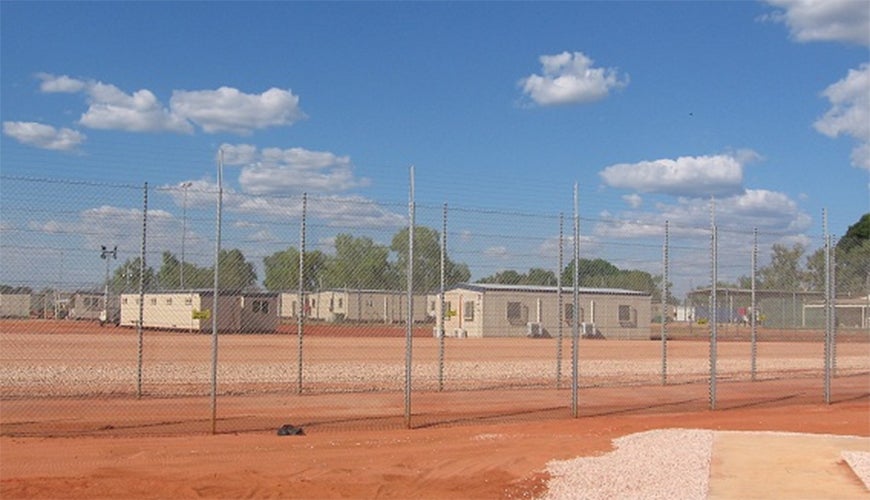Immigration detention and human rights


The Australian Human Rights Commission has made a formal submission to the United Nations Special Rapporteur on the human rights of migrants, contributing to his forthcoming report to the UN General Assembly on the externalisation of migration and its impact on migrant rights.
A person seeking asylum is a person seeking protection in another country because they have a well-founded fear of being persecuted in their country of origin on the basis of their race, religion, nationality, political opinion, or membership of a particular social group.
A refugee is a person who requested protection and has been granted refugee status.
The Australian Human Rights Commission has made a submission to the Parliamentary Committee that is considering the Migration Amendment Bill 2024.
Learn more about the Migration Amendment Bill 2024 and how it impacts human rights.